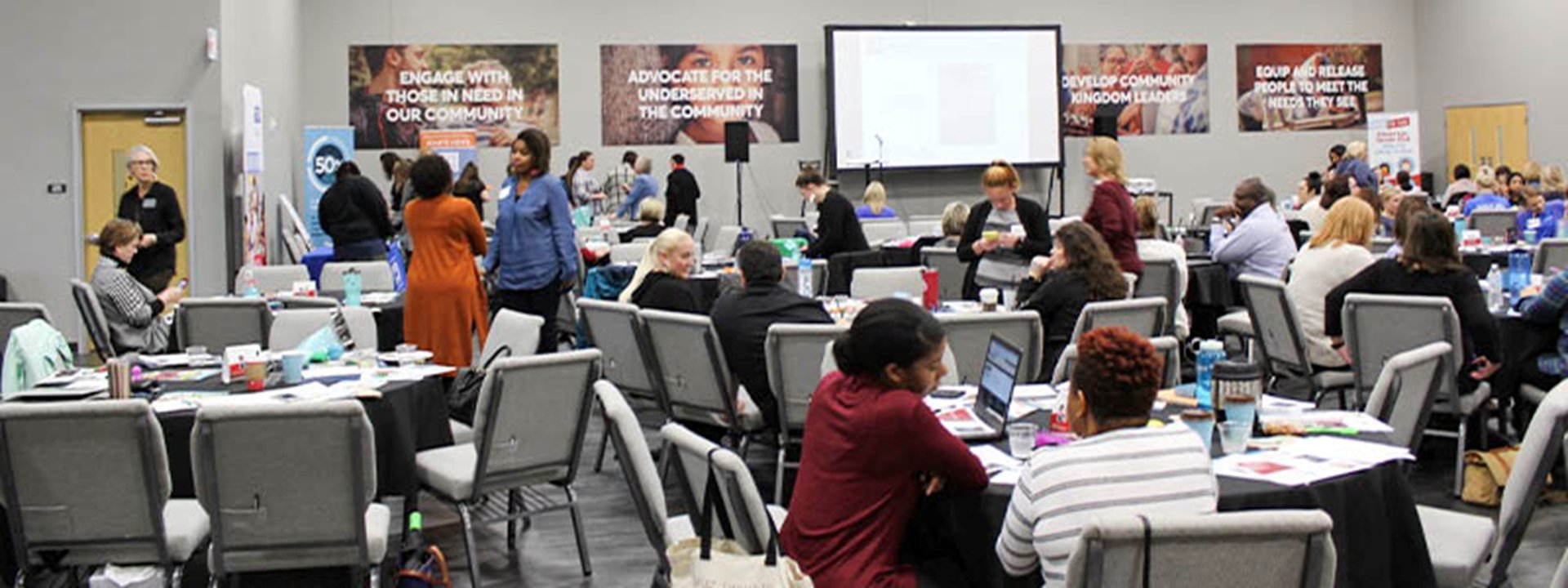Caregiver Support Resources
We believe that every family deserves a nurturing and safe environment. We offer free resources designed to support parents and caregivers in preventing abuse and neglect through education and positive family activities.
Discover practical advice, learning materials, and real support for your family as we work together to provide caregiver support to help prevent abuse and neglect in our communities.
- Understanding abuse and neglect
- Educational video library
- Downloadable resources
- Events and training
- Report suspicion of abuse or neglect
- Community programs
Understanding abuse and neglect
Knowing what constitutes maltreatment is the first step toward stopping it.
Abuse and neglect of a child includes:
- Sexual abuse: Inappropriate touching, indecent exposure and exploitation.
- Physical abuse: Punching, beating, kicking, biting, shaking or threatening with any type of weapon.
- Neglect: Malnourishment, dirty clothing and living quarters, child left alone for long periods of time, frequent absences and tardiness at school.
- Emotional abuse: Extreme punishment such as being locked in a room or closet or denied food or water, name calling, belittling, blaming or withholding love.
- Drug exposure: Prenatal exposure to drug abuse and children exposed to drugs and alcohol abuse by parents, including illegal drug activity in the home which may put a child in harm's way.
- Medical child abuse: Often referred to as Munchausen syndrome by proxy - a caregiver may cause a child to become ill just to gain attention from other people. The result is unnecessary medical intervention and treatment and risky actions by the caregiver which can cause great harm and risk to the child's health and life.
- Medical neglect: Failure to provide adequate medical or dental care for a child, especially when it is needed to treat a serious physical injury or illness. In some cases, this can also include a failure to provide for psychiatric care if the child needs it.
Downloadable resources
Conversation starter cards: Choose a question from the card deck to start a fun conversation with your child or teen!
Story time toolkit: Reading with children is a great way to connect, relax and learn! Cook Children’s Center for Community Health has created the following toolkit that combines books with coordinating activities that you and your child can do together. Each book and activity focuses on a different health topic – asthma, healthy lifestyles, mental health, parent support, oral health, grief and injury prevention.
Activity book: Download and print our activity/coloring book to learn about each of the Center for Community Health's programs.
Education and training
Training
The following trainings can be provided in person upon request and staff availability. To make a request, contact Jammie.Josephson@cookchildrens.org.
- Adverse Childhood Experiences (ACEs) 101: This one hour training discusses the long term impact of ACEs on individuals and the community as well as considers strategies to prevent the impact of ACEs.
- Positive Childhood Experiences (PCEs): This one hour training discusses PCEs and how they are important to the emotional and physical well-being of a child.
- Question Persuade Refer (QPR) Gatekeeper Training: Participants trained in QPR learn how to recognize the warning signs of a suicide crisis and hot to question, persuade and refer someone for help.
- Trauma Informed Care Training for Professionals: This three hour training is designed for individuals working with children who have experiences trauma and discusses the impact of trauma on the community, children and the brain and body and the principles of trauma informed care and reducing triggers.
- From chaos to calm: Trauma informed principles for supporting youth mental wellness: This one hour training for professionals discusses the impact of trauma on the brain and body, techniques for strengthening the caregiver/ child relationship, how to utilize coping skills for regulating emotions and applying tools for fostering child mental wellness.
Online courses
Child Abuse and Neglect 101
25 mins. (Virtual - Recording)
This educational video, presented by the Child Protective Services (CPS) Liaison at Cook Children’s Medical Center, is available for community professionals. This training will define types of child abuse and neglect and how to recognize the signs, as well as the process for reporting suspected abuse and what to expect from CPS after a report is made.
The Current Status of Child Abuse and Neglect in Texas
19 mins. (Virtual - Recording)
This educational video, presented by the Child Protective Services (CPS) Liaison at Cook Children’s Medical Center, is available for community professionals. This training will identify the goals of CPS and Child Protective Investigations (CPI) in Texas as well as discuss current data related to child abuse and neglect and the process and requirements for reporting suspicions of abuse.
Importance of Positive Childhood Experiences | For Providers || ACEs
30 min. (Virtual - Recording)
This is a short training developed for providers working with children and their caregivers to discuss Positive Childhood Experiences (PCEs), how important they are to the emotional and physical well-being, and also provide examples of how to nurture PCEs in the classroom or child-care setting.
Importance of Positive Childhood Experiences | For Caregivers ||ACEs
13 min. (Virtual - Recording)
This is a short training developed for caregivers to discuss Positive Childhood Experiences (PCEs), how important they are to the emotional and physical well-being of a child, and also provide examples of how to nurture PCEs at home.
Adverse Childhood Experiences (ACEs) 101
40 mins. (Virtual - Recording)
This recorded training will define what Adverse Childhood Experiences (ACEs) are and identify key terms related to ACEs. Viewers will understand the long term impact of ACEs on individuals and the community as well as consider strategies to prevent the impact of ACEs. Additionally, the trainer will illustrate the difference between ACEs and Positive Childhood Experiences.
Raising Healthy Kids | Why my child needs regular check ups || ACEs
4 min. (Virtual - Recording)
If my child is not sick, why would I take them to the doctor? That’s a great question! Having a primary care pediatrician, or medical home, that you trust is important for your child’s overall health and well-being. In this video you will learn how often you need to take your baby or child to the doctor.
Raising Healthy Kids | What to expect at a check up || ACEs
5 min. (Virtual - Recording)
If my child is not sick, why would I take them to the doctor? That’s a great question! Having a primary care pediatrician, or medical home, that you trust is important for your child’s overall health and well-being. In this video you will learn what to expect during these appointments and how your doctor can be a helpful resource for you as your child grows.
Raising Healthy Kids | How to prepare for a check up || ACEs
5 min. (Virtual - Recording)
If my child is not sick, why would I take them to the doctor? That’s a great question! Having a primary care pediatrician, or medical home, that you trust is important for your child’s overall health and well-being. In this video you will learn what to expect during these appointments and how your doctor can be a helpful resource for you as your child grows.
To report suspicion of abuse or neglect
If the child is in immediate danger, call 911. If you need to report a suspicion of abuse or neglect, call 1-800-252-5400 or for non-urgent reports go to www.txabusehotline.org.
Texas law requires that any person suspecting that a child has been abused or neglected must immediately make a report.
Community programs
Discover our programs designed to support community health and well-being. From educational workshops to group support sessions, we offer resources to help our community become informed and connected on the issues affecting our children.

